A small stretch of neatly tiled pavement along Bole Road stands isolated, hinting at the sidewalk that could have been. While the adjacent bike lane pushes forward with a clear directional arrow. The unfinished pedestrian path reflects of what is and what could be, in the city’s corridor development plan launched in 2022, which said to improve walkways, bike routes, and urban infrastructure.
Month: May 2025
NINE TO FIVE
An Isuzu stacked with square steel near Mesqel flower shows the usual practice in the life of Isuzu and other similar vehicles carrying more than they can handle. Recent construction upgrades in the city have become an eye opening opportuity for heavyload trucks to promote their business transporting material in large numbers. Yet, they lack visible safety precuations plus reckless driving is one of the concerns that needs to be addressed.
ON THE CLIFF
Tucked beneath a pedestrian overpass around Mexico, a makeshift stall enclosed with corrugated metal and repurposed jerrycans for handwashing clings to a narrow strip of space. As the city transforms, small businesses like this, long embedded in tightly packed neighbourhoods walk the plank to banishment.
SantimPay Launches Zero-fee Digital Remittance Platform
SantimPay has rolled out FrankRemit, first fully integrated, zero-fee digital remittance platform, in partnership with Bank of Abyssinia(BOA). The service smoothly connects all commercial banks and major mobile money providers, including Telebirr, M-Pesa, and CBE Birr which is a first of its kind in the country. FrankRemit is expected to revolutionise how the Ethiopian diaspora sends money home.
Developed locally and tested over the past two weeks with successful transfers from multiple countries, the app promises fast, secure transfers for the diaspora. The launch event at the Hilton Addis, on May 21, drew high-profile attendees, including SantimPay CEO Tinsae Desalegn, Ambassador Fitsum Abegaz of the Ethiopian Embassy in Washington, and executives from Oromia Bank and BOA.
“FrankRemit addresses the frustrations of the diaspora by making money transfers faster, more reliable, and secure,” said Tinsae. A live demo and a message from brand ambassador Tewodros Legesse noted the platform’s ease of use and impact.
Despite the reforms, remittances remain below potential, a gap FrankRemit seeks to close. The platform also introduced the FrankCard, a diaspora gift card service in collaboration with Oromia Bank and Shoa Supermarket, a prepaid gift card for diaspora members to support families in the country beyond cash.
FrankRemit offers competitive rates, simple steps, and a bonus on first transfers, setting a new standard in the fin-tech landscape.
Digital Life Insurance Launch, Promising Expansion and 13,000 Jobs
Ethio-Life & General Insurance and Lumia Technologies have launched Lumina, Ethiopia’s first fully digital life insurance platform. Leveraging the Fayda national ID for hassle-free mobile registration, Lumina offers coverage up to 750,000 Birr, with premiums starting at 415 Birr. It features rapid claims processing, flexible beneficiary options, and supports multiple local languages, including Amharic, Afaan Oromo, Somali, and Tigrigna.
Shimelis Gedlegiorgis, CEO of Ethio-Life and General Insurance, stated, “Lumina marks the first instance in Ethiopian insurance history where individuals can purchase life insurance solely using their mobile phone.”
Currently, fewer than 400,000 Ethiopians hold life insurance policies, and the insurance sector contributes less than 1pc to the country’s GDP. Lumina is expected to bridge this gap by providing coverage to 3.2 million people over the next five years and generating over 13,000 direct and indirect employment opportunities. Out of the 18 insurance companies, only 13 offer life insurance services. A 2020 study by the NBE, revealed that 55 pC of Ethiopian insurance companies maintain their branches in Addis Abeba.
Mojo Dry Port Poised to Boost Export Farmers with 50 Million Dollars Investment
Mojo Dry Port plans a 50 million dollars project expected to offer potential benefits for farmers producing avocados, flowers, and vegetables. Ethiopian State Minister of Finance Semereta Sewasew and Dutch Ambassador Christine Pirenne visited the site to assess progress on an initiative expected to reshape the export of local agricultural goods.
For many small-scale farmers, delays in transport mean lost income as fresh produce spoils before it reaches buyers. The new port is expected to change that with its modern cold storage facilities and streamlined logistics. By reducing post-harvest losses and export costs, especially compared to expensive air freight, farmers outlook to gain better prices and more unwavering incomes.
Half-funded by Ethiopia and supported by the Netherlands, Christine emphasised its potential to attract more investors and empower the agro-processing sector.
Despite challenges remaining in customs and policy coordination; the joint tour indicates determination from both sides.
Parliament Passes Law Safeguarding Water Bodies
Parliament has passed a new law to safeguard water bodies, targeting industrial pollution and ecosystem degradation. The draft proclamation on the “definition, development, and maintenance of water bodies” is expected to promote socio-economic benefits for communities by enhancing water ecosystems.
The Deputy Chairman of the Committee on Water, Irrigation, Lowland Areas & Environmental Development, Aweke Amzaye (PhD), presented a report and recommendation to the House. He explained that the sustainable development and maintenance of water bodies will provide additional social and economic benefits to the local community by improving water ecosystem services. The law regulates the management and use of water bodies, including river banks, lakes, dams, aquifers, springs and groundwater.
Industrial pollution was one of the main issues brought up, and the council pushed for stronger regulations to limit the flow of wastewater into water bodies. If implemented correctly, the approval of the draft proclamation (No. 1382/2017) represents a milestone in the direction of sustainable management of water resources.
Agricultural Authority Moves Services Online
The Ethiopian Agricultural Authority (EAA) has fully digitised all 66 of its services, from licensing to certification, removing the need for in-person visits and paperwork for thousands of clients.
Farmers and exporters previously travelled long distances and waited in queues to access agricultural services. That is no longer the case. “It used to be exhausting,” said Hamid Jamal (PhD), Deputy Director General of the Animal Regulatory Sector. “Now, they can do it all from home or their phones, no more queues, no more travel costs.”
The shift was enabled through a partnership with the Ministry of Innovation & Technology and Perago Systems, a provider of electronic government and B2B commerce solutions.
The digitisation has also improved access for international clients seeking export certifications. “We’re now seen as one of Africa’s leaders in digital agri-services,” said Wondale Habtamu (PhD) of the Plant Regulatory Sector.
Employees at the Authority have also seen the benefits. “The mountain of paperwork is gone,” one staff member said. “Now, we focus on serving people better.”
Wind Turbines in Assela Begin Electricity Supply
The first turbines at the Assela 100 MW wind farm have begun supplying electricity to the national grid, marking a major step in the country’s renewable energy expansion. Once fully operational by end of 2025, the farm’s 29 turbines are said to generate over 300 GWh annually, enough to power 140,000 households.
Located 150 km South of Addis Abeba, the project is owned by Ethiopian Electric Power (EEP) and fully financed by Denmark, the total investment of 146 million euro was supported by a 117.3 million euros loan from Danske Bank and an additional 28.7 million euro grant and built by the Spanish-German company Siemens Gamesa Renewable Energy (SGRE). The wind farm aligns with the country’s goals to diversify energy mix, reduce reliance on hydropower, and cut carbon emissions to achieve the sustainable development goals and middle income status by 2030.
High-level officials from Ethiopia, Denmark, and the EU celebrated the milestone on May 22, 2025, praising the project’s role in strengthening climate resilience and regional energy integration. Semereta Sewasew, State Minister of Finance for Economic Cooperation, acknowledged the project’s use of blended finance and partnerships, while the Ambassador of Denmark to Ethiopia, Sune Krogstrup called it a fruitful partnership and emphasised Denmark’s on support for clean energy transition not only advances renewable energy capacity but also strengthens the bonds between the two countries.
Pain-Free Mobility: Hip Replacement at Acıbadem Healthcare Group in Türkiye
Acıbadem Healthcare Group is a healthcare institution recognized worldwide for its excellence in orthopedics and traumatology. It offers its patients a pain-free and mobile life thanks to its expertise in hip and knee replacement surgery. With its staff of experienced and respected specialists such as Prof. Dr. Burak Akan, operating rooms equipped with the latest technology, and a patient-oriented approach, Acıbadem is a reliable healthcare institution for patients with orthopedic problems.
Hip Replacement: Regain Your Mobility
Hip replacement is one of the most effective treatment methods for patients with severe joint pain and restricted mobility. Prosthetic surgery may become inevitable over time for patients with severe damage to the hip joint due to osteoarthritis, rheumatoid arthritis, avascular necrosis, traumatic injuries, or falls. This surgery is performed with materials personalized according to the patient’s age, bone structure, and general health status.
The most common disease requiring hip replacement is osteoarthritis. Osteoarthritis is a disease caused by the wear and tear of the joint cartilage over time and can make it difficult for patients to walk or even sit up in the future. Rheumatoid arthritis is a disease that occurs when the immune system attacks the joints and the joint surfaces deteriorate. In addition, diseases such as avascular necrosis cause the joint to collapse as bone tissue dies due to insufficient blood flow. Hip fractures are also one of the most common reasons for prosthesis surgery, especially in elderly patients, fracture healing can be slow and prostheses become necessary to restore mobility.
Hip Replacement Surgery at Acibadem
Acıbadem Healthcare Group uses the most advanced surgical approaches in hip replacement surgeries. The anterolateral approach applied by Prof. Dr. Burak Akan in hip replacement surgeries minimizes the risk of postoperative joint dislocation and allows patients to recover faster. During the surgery, the most suitable prosthesis is selected for the patient’s bone structure, and individualized treatment plans are applied according to the patient’s needs.
Ms. Diane’s Recovery Process: A Journey of Hope
Diane, 57, had prosthetic surgery on her left hip joint four years ago in her home country. But the expected improvement did not materialize and she lived in pain for years. In the last three months, the pain became unbearable and she was unable to walk. The examinations revealed that the prosthesis was out of place and she was told that she needed to undergo surgery again. Diane, who applied to Acıbadem Healthcare Group with the concerns produced by this, experienced a great change with expert doctors and advanced technology. After the revision surgery performed by Prof. Dr. Burak Akan, she started walking again on the same day of surgery. She was discharged within four days and returned to her normal life. She is now enjoying a pain-free life.
Ms. Diane’s story is a concrete example of Acıbadem’s success in hip replacement surgery and its patient-oriented approach. Prof. Dr. Burak Akan and his team meticulously evaluated Ms. Diane’s condition and determined that she had severe bone loss. After undergoing a difficult revision surgery, Mrs. Diane started walking the same day after the operation and soon got rid of her pain. As Diane’s wife Amara, a physician, notes, Acıbadem’s professional and patient-oriented approach played an important role in Ms. Diane’s recovery.
Recovery Process After Hip Replacement
Although the recovery process after hip replacement operations varies depending on the patient’s condition, walking can usually be started on the same day. Prof. Dr. Akan states that most of his patients take steps with the help of a walker 4-6 hours after surgery. While the use of a walker or cane is recommended for the first week, patients can start walking without support after one week. The physical therapy process is of great importance to increase the patient’s mobility and restore muscle strength. After one month, most patients can return to their normal lives.
Excellent Service for International Patients
Acıbadem Healthcare Group offers a comprehensive service for patients coming from abroad to complete the entire treatment process in the most comfortable and trouble-free way. Patients are welcomed at the airport and comfortably undergo the treatment process with multilingual specialists. The rapid recovery process seen in the operations performed by Prof. Dr. Burak Akan increases the satisfaction of the patients to the highest level.
Hip replacement is a treatment method that significantly improves the quality of life of patients when applied in the right hands. Acıbadem Healthcare Group is one of the leading institutions in orthopedic surgery not only in Turkiye but also in Europe with its state-of-the-art operating rooms, experienced orthopedic team, and patient-oriented service approach. With its experience and success in this field, Acıbadem Healthcare Group continues to be a reliable choice for international patients.
Contact us now to get a free second medical opinion from our experts:
Melisa’s Journey: A Life-Saving Liver Transplant in Türkiye
While waiting on the deceased donor list for a liver transplant in Germany, she regained her health in Türkiye through her cousin’s liver donation.
Melisa, a 24-year-old university senior born in Germany, lives there with her family. She was diagnosed with Caroli Disease, a rare genetic condition that causes the bile ducts in the liver to widen. This led to liver failure, making a transplant essential for her survival. Melisa registered on the transplant waiting list, but being on the list did not guarantee an immediate transplant. She had to wait for her turn.
What is Liver Transplantation?
Liver transplantation is a surgical procedure that replaces a diseased or damaged liver with a healthy one from a donor. There are two types of liver transplants based on the donor source: living donor and deceased donor transplantation. The liver is uniquely suited for living donor transplants because it is the only organ in the human body that can regenerate. When a donor gives more than half of their liver for transplantation, the remaining portion can continue functioning without serious complications. In fact, the liver can still perform its functions even when up to 70% of it is removed.
Understanding Liver Failure and Melisa’s Transplant Journey
When the liver can no longer function properly, it is called liver failure. If it is not treated, it will progress to death. A liver transplant is the only solution, as survival is not possible without a functioning liver. Liver failure can have various causes, and Melisa’s case was one of the rarer ones.
In Caroli Syndrome, parts of the bile ducts inside the liver become abnormally enlarged, forming cyst-like or sac-like structures. These may contain stones or sludge, leading to serious infections that can progress to blood poisoning and pose a life-threatening risk. Melisa experienced these complications multiple times and spent the past year in hospitals across Germany, undergoing repeated treatments for her bile ducts. She faced life-threatening situations, making a liver transplant urgently necessary. However, the waiting period in Germany extended longer than expected, and she was informed that it could extend even further. Meanwhile, she received great news from Türkiye. Her cousin Oğuzhan had decided to volunteer as a donor for her. The two cousins, living in different countries, reunited at Acıbadem İzmir Hospital. Professor of Surgery Murat Kılıç and his team performed the operation, removing a portion of Oğuzhan’s liver and transplanting it into Melisa.
The Greatest Gift: A Second Chance at Life
The surgery was successful, and everything went smoothly afterward. Ten days later, they were discharged from the hospital. Organ transplantation is a deeply emotional journey. A healthy donor willingly undergoes surgery to give part of their organ, offering someone else a chance to survive. The recipient, in turn, holds on to life through this act of generosity.
Melisa expressed her gratitude, saying, “I now have a second brother. He made sacrifices for me, and I can’t thank him enough. I was deeply moved by his willingness. He was my cousin before, but now he is my brother. I used to play licensed football for a club in Germany, and I was in my final year at university. Unfortunately, I had to miss my exams because of my disease, but I will continue my studies.”
Oğuzhan shared his thoughts, saying, “I did what anyone should do. At first, I was scared and worried about getting hurt. But we shouldn’t let fear hold us back. Saving a life is a privilege not everyone gets.”
Living Liver Transplantation Program at Acıbadem
Each year, more than 1,400 liver transplants are performed in Türkiye, with 80% involving living donors. This places Türkiye second in the world for the highest number of living donor liver transplants. Acıbadem Healthcare Group is a leading destination for liver transplantation in Türkiye. Patients from around the world choose Acıbadem for its multidisciplinary approach, extensive experience, innovative surgical techniques, high success rates, and patient-centered care.
To date, Acıbadem has successfully performed over 2,000 liver transplants for patients from around the world, including children, complex cases, and combined kidney-liver transplants. These procedures are carried out at its three liver transplant centers in Istanbul, Izmir, and Bursa.
If you’d like to learn more, visit acibademinternational.com and share your condition with us through the contact form. Our expert team will get in touch with you within a few hours.
MILK SUPPLY DISRUPTIONS DRIVE PRICE SURGE
The soaring price of milk is becoming increasingly unaffordable, uncovering a deepening crisis in the dairy industry. Households are feeling the pinch as prices recently jumped by 20pc, leaving families struggling to meet basic nutritional needs, particularly civil servants and those counting on informal incomes. A litre of milk costs as much as 3,600 Br a month, eating into already tight family budgets, which are further strained by rising living costs such as rent, medical bills, groceries, and fuel. Behind these escalating prices lies a perfect storm of dwindling supply and increasing input costs, worsened by regulatory interventions and erratic market dynamics. Dairy farmers face sharply higher feed prices, with wheat straw feed surging from 2,300 Br to 2,800 Br a quintal within weeks, driving up production costs dramatically. The situation has forced producers to sharply raise milk retail prices, from 60 Br a litre during fasting seasons to as high as 85 Br last week, leaving consumers increasingly priced out.
Government directives targeting environmental protection have compounded farmers’ troubles, pushing dairy operations away from urban waterways through strict zoning laws. Urban dairy producers, often lacking space and suitable waste disposal systems, face the choice of relocating their operations or shutting down entirely. The ensuing displacement has severely disrupted supply chains, reducing milk availability and heightening price instability. Removing crucial tax exemptions has deepened the dairy industry’s anguish, with animal feed no longer exempt from value-added tax (VAT). The policy shift inflated costs of critical inputs like soybean cake and concentrated feeds, the latter now priced at 3,400 Br a quintal, up from 2,800 Br. As farmers cut back or withdraw entirely, processors struggle to source milk, turning to distant markets and incurring additional logistical costs to sustain dwindling production levels.
Faced with thinning supplies, dairy companies have slashed daily outputs — some by over a third — while hiking retail prices substantially. The chronic shortage has forced processors to compromise, paying premium milk prices or accepting inconsistent quality. The situation is further complicated by persistent adulteration issues, unsafe transportation, and poor adherence to refrigeration standards, risking consumer safety and product integrity. Although official figures show a 2.9-billion-litre shortfall from the annual milk target of 12.1 billion litres, structural issues such as weak market linkages and inadequate cold chain infrastructure remain unresolved. While authorities draft new regulatory frameworks to strengthen oversight, lasting solutions seem distant.




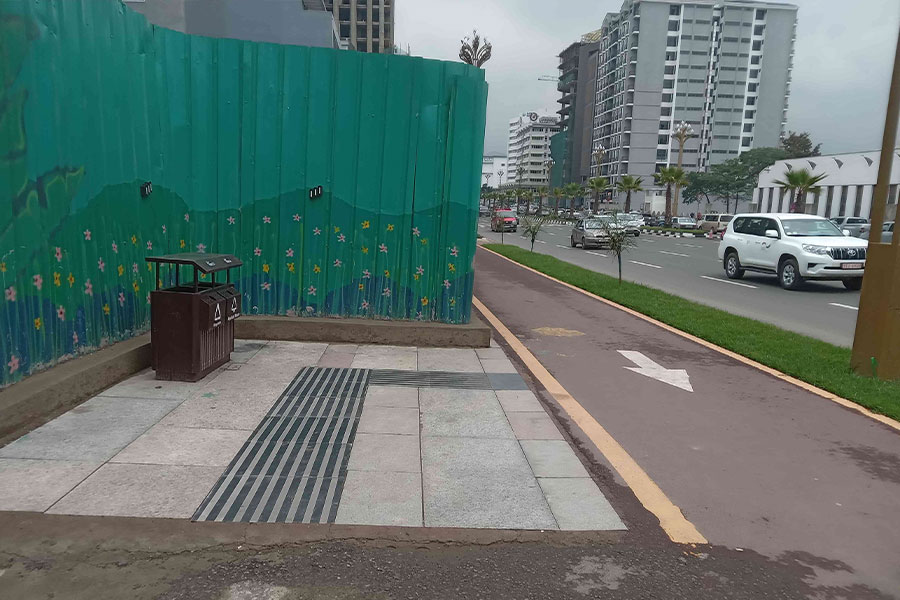
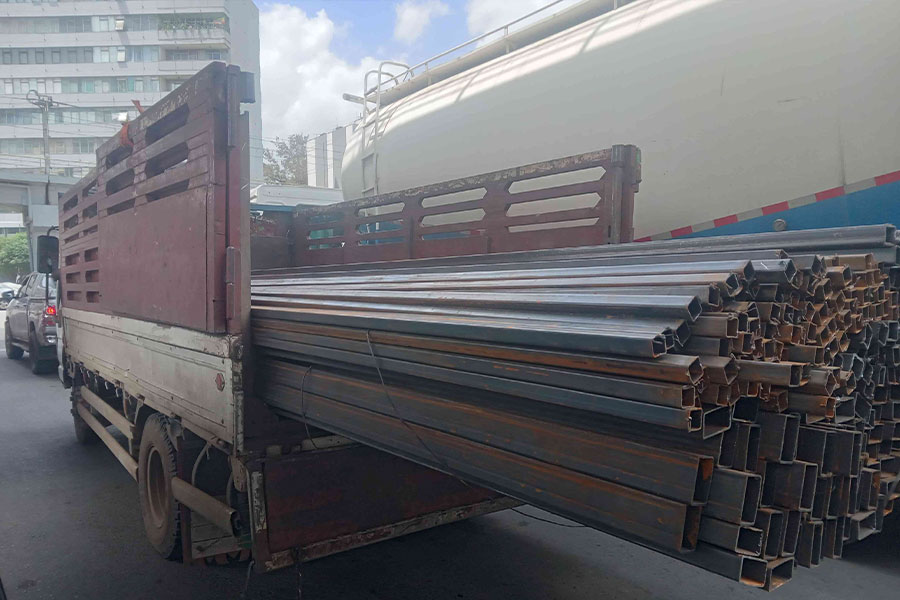
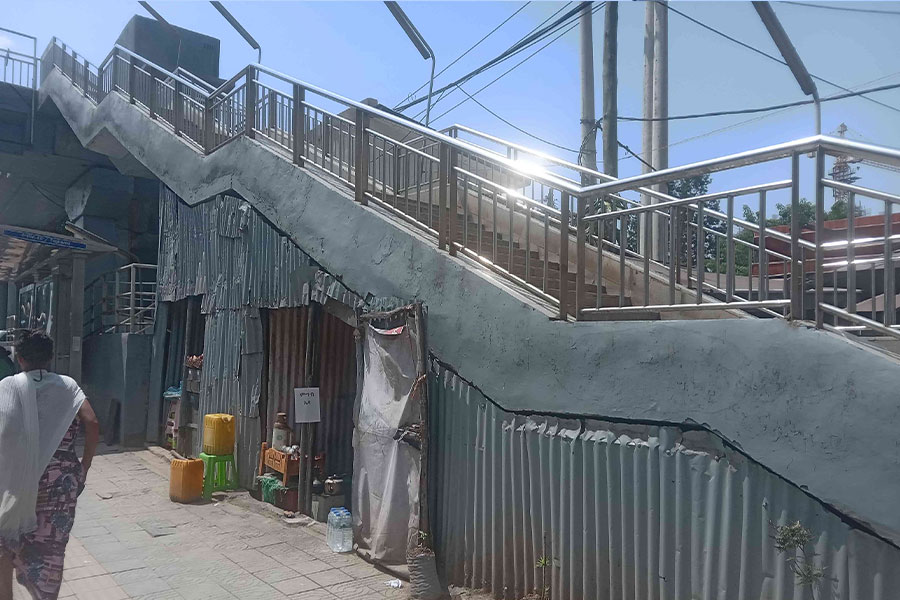


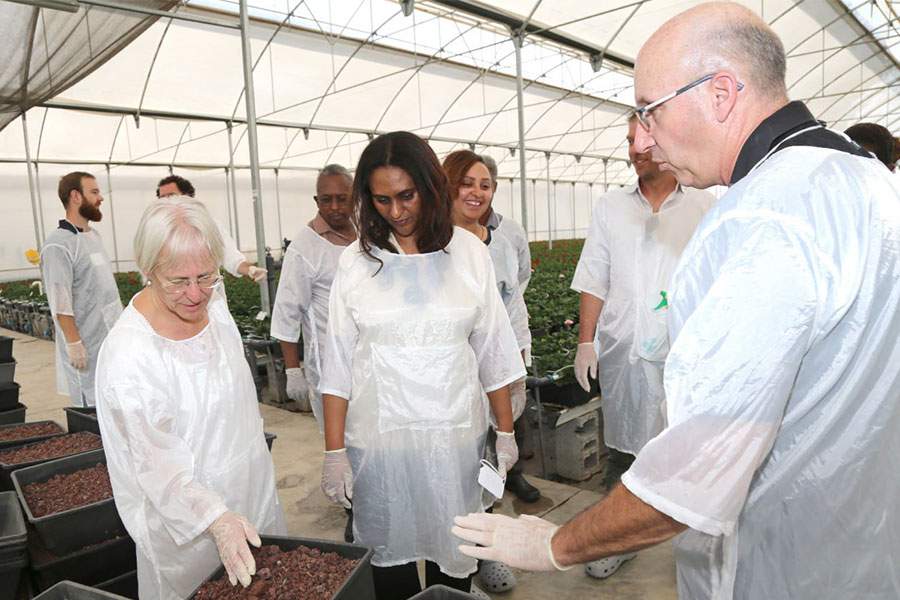
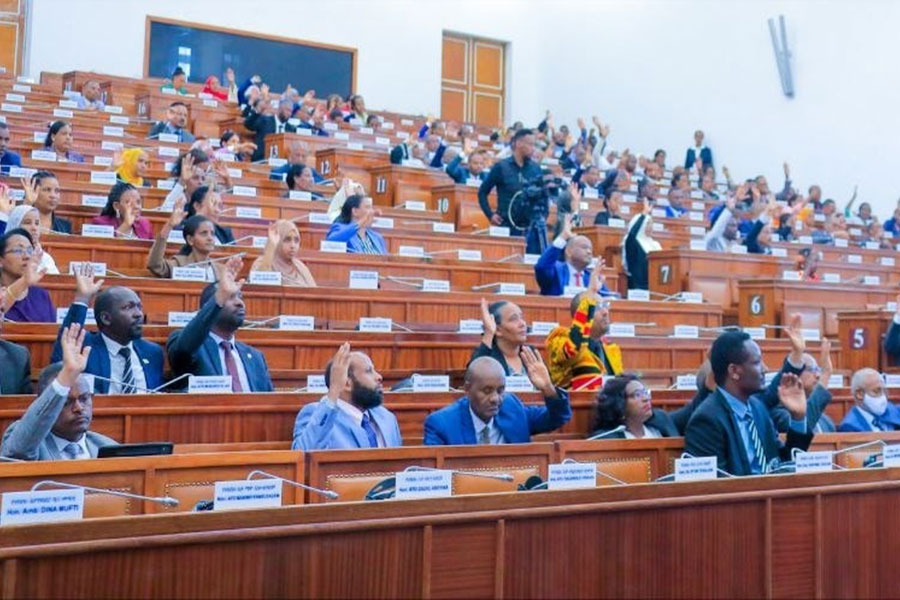
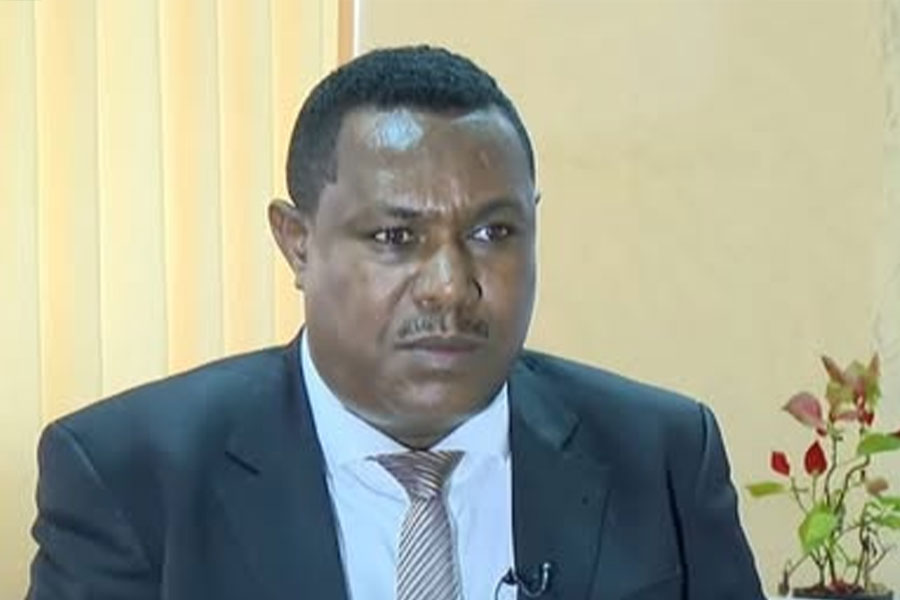
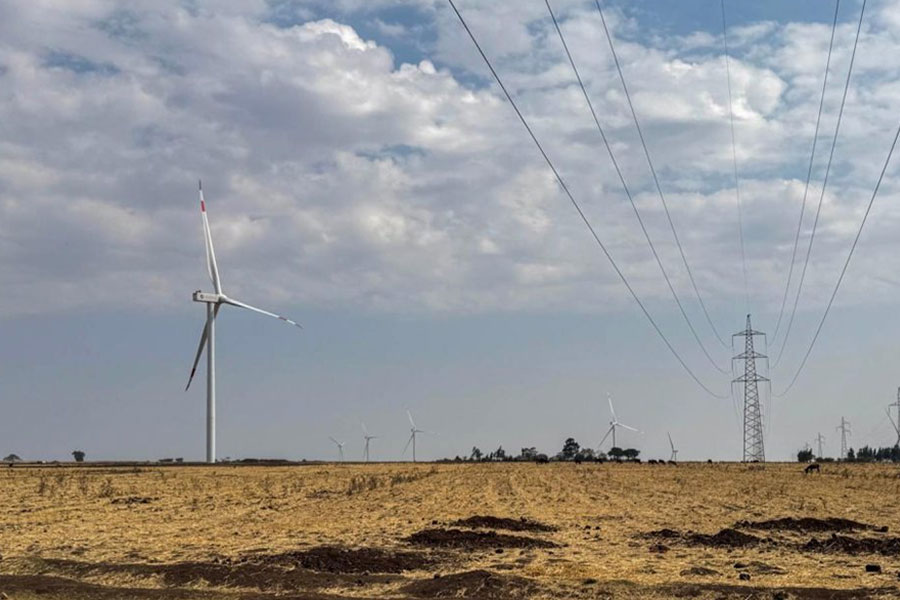


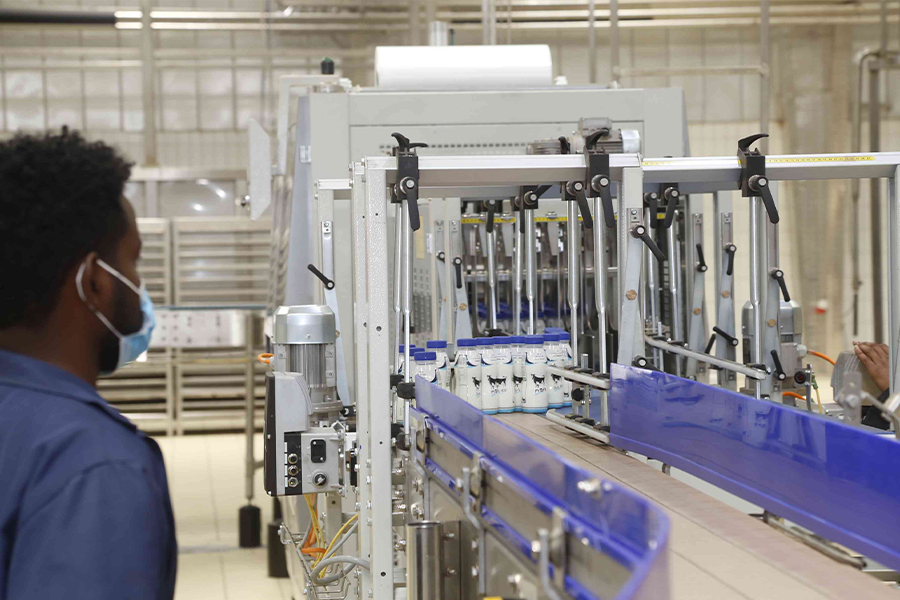
 Loading your updates...
Loading your updates...